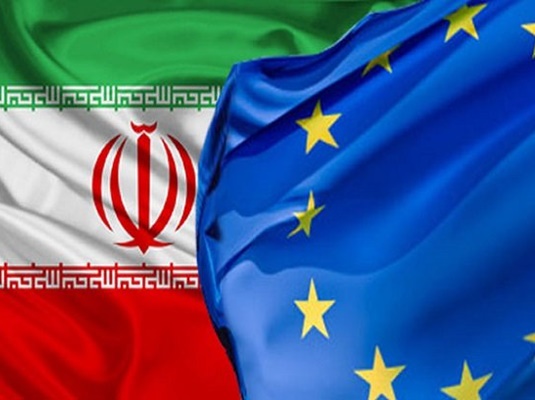Some members of Iran’s Parliament have expressed different opinions on the country’s collaboration with the European Union after the US declares its new Iran strategy.
In this regard, Morteza Saffari, a member of the Parliament’s National Security and Foreign Policy Commission, believes that the nuclear deal has challenged Washington’s authority to take action against Iran so the new plan of Tillerson and the Congress is to form a coalition against Tehran.
He argued that US is struggling to put forward issues like human rights, terrorism, and the country’s missile program to take actions against Iran. Saffari also called for taking special measures to counter the new US anti-Iran plan, and suggested that the Islamic Republic should do its best to see the European countries next to itself.
Jalal Mirza’ee, an MP close to the government and a member of the Parliament’s reformists’ fraction, also proposes a similar approach. He believes that as the United States seeks to have the European states next to itself to take hostile policies against Iran on non-nuclear issues, the Iranian foreign ministry must struggle to moderate Europe’s positions and protect Iran’s rights using diplomacy and soft power.
However, some other members of the parliament believe that the Europeans are not reliable partners either.
Ezatollah Yousefian Molla, a senior MP, is among the lawmakers who believe the European countries are not reliable partners. He refers to the contradictory positions of the French president as one of the reasons for distrust in Europe. He has told ICANA that “if the United States withdraws from the nuclear deal, we should not trust the European countries, because Emmanuel Macron initially confirmed the agreement, but after having a phone conversation with Trump, raised the question if the Islamic Republic of Iran could get to a nuclear bomb after 15 years. This as Iran has repeatedly stated that it is not seeking to build a nuclear bomb. Under these circumstances, we must accept that the European Union is not trustable and rather relies on the United States. Even during Obama administration the Europeans did not invest in Iran.”
This Iranian MP further added that Washington’s several breaches of the deal and the lack of any effective measure by other negotiating parties has caused some of the policy-makers and legislators of the Islamic Republic to see the experience as a reason for not working with the United States and also not trusting Europe.
Ahmad Alirezabeigi, a member of the Parliament’s conservatives’ fraction and a critic of the government in a Farsi interview with ICANA, recalled Iran’s nuclear deal with three European countries in 2003 saying that the Europeans failed to comply with their obligations mentioned in the Sa’dabad statement.
“These events were foreseeable and Rouhani’s experience of Sa’dabad negotiations was repeated again,” he noted.
“At the moment, it’s not time to blame each other because it will harm the national unity of the country. But at least, we need to learn lessons from what has happened and just rely on our own domestic capacities,” Alirezabeigi added.
